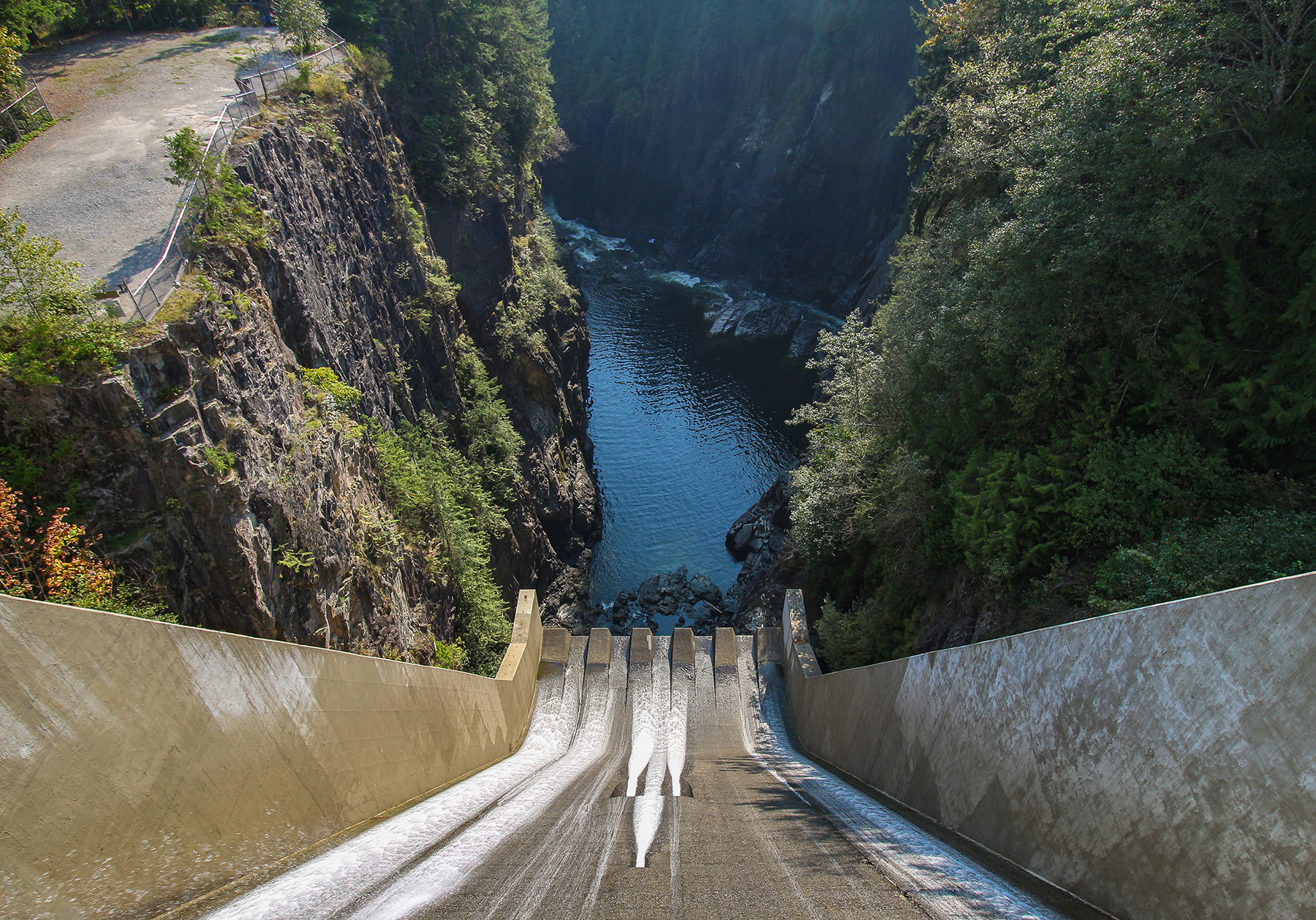As the hot, dry summer months descend onto UBC’s Point Grey campus, residents may be wondering which water restrictions apply to them.
In short, UNA staff say residents are only encouraged to follow water restrictions that the City of Vancouver implements, but do not have an obligation to do so.
At the same time, restrictions set by Metro Vancouver – a federation of 21 municipalities, a treaty First Nation, and our own Electoral Area A – are applicable to campus residents, and must be followed.
The City of Vancouver’s water restrictions don’t apply to the university neighbourhoods as they aren’t under the City’s jurisdiction.
“Formal water restrictions from the City of Vancouver do not directly apply to UBC and the University Neighbourhoods Association area,” said Wegland Sit, UNA Operations Manager. “While the UNA observes and recommends compliance with these restrictions in UNA-managed areas, there is currently no specific regulatory bylaw in place for enforcement.”
While a water shortage bylaw was discussed by the UNA in 2017, there has been no further discussion or implementation since then.
However, Metro Vancouver’s regional lawn watering restrictions do apply for residents as campus is formally part of the region.
“These [lawn watering] restrictions came into effect on May 1, limiting watering to one day per week, and will remain in place until October 15,” said Linda Parkinson, director of policy planning and analysis of Metro Vancouver’s water services. This applies to all residents and businesses, and which day you may water your lawn depends on property address and type.
In summary, while there may not be a UNA bylaw to follow all water restrictions, residents are urged to adhere to them–and ensure they follow Metro Vancouver’s lawn watering restrictions.
High levels of water consumption coupled with hotter summers can lead to an escalation in water restrictions. In August 2023, Stage 2 water restrictions were implemented, which prohibited all lawn watering. These were observed by the UNA.
Officials say good conservation habits can prevent an escalation in restrictions like the one two summers ago, especially in the summer months when water use increases. “In the hot, dry summer months our daily water use can increase from about one billion litres (enough to fill BC Place) to more than 1.5 billion due to lawn watering and increased outdoor use,” says Parkinson.
Currently, the water levels in our reservoirs are at a normal level. Metro Vancouver’s website has information about water reservoir levels and water use for interested residents.
Meanwhile, Metro Vancouver is looking at ways to expand water capacity. “To ensure we can continue to provide drinking water to the region for the next century, we need to both expand our supply and manage our demand,” says Parksinson. “The best option for expanding water supply is to use more of our existing water supply sources.”
At Coquitlam Lake, for example, projects are underway to access more water from the reservoir. Metro Vancouver is trying to add a new water supply tunnel, water treatment facilities, and in the deepest part of the lake, a new water intake. Completion of this project is estimated for the late 2030s.
To conserve water, Parkinson has one main recommendation: “reduce outdoor water use and let our lawns go dormant. This saves treated drinking water for where it is needed most: drinking, cooking, and cleaning.”
Residents may also try to only run laundry and dishwasher loads when they are full, and ensure they adhere to lawn watering guidelines, if they choose to not let it go dormant.
AMIE BERNAERDT IS A FOURTH YEAR STUDENT AT UBC, MAJORING IN CREATIVE WRITING AND ANTHROPOLOGY.
